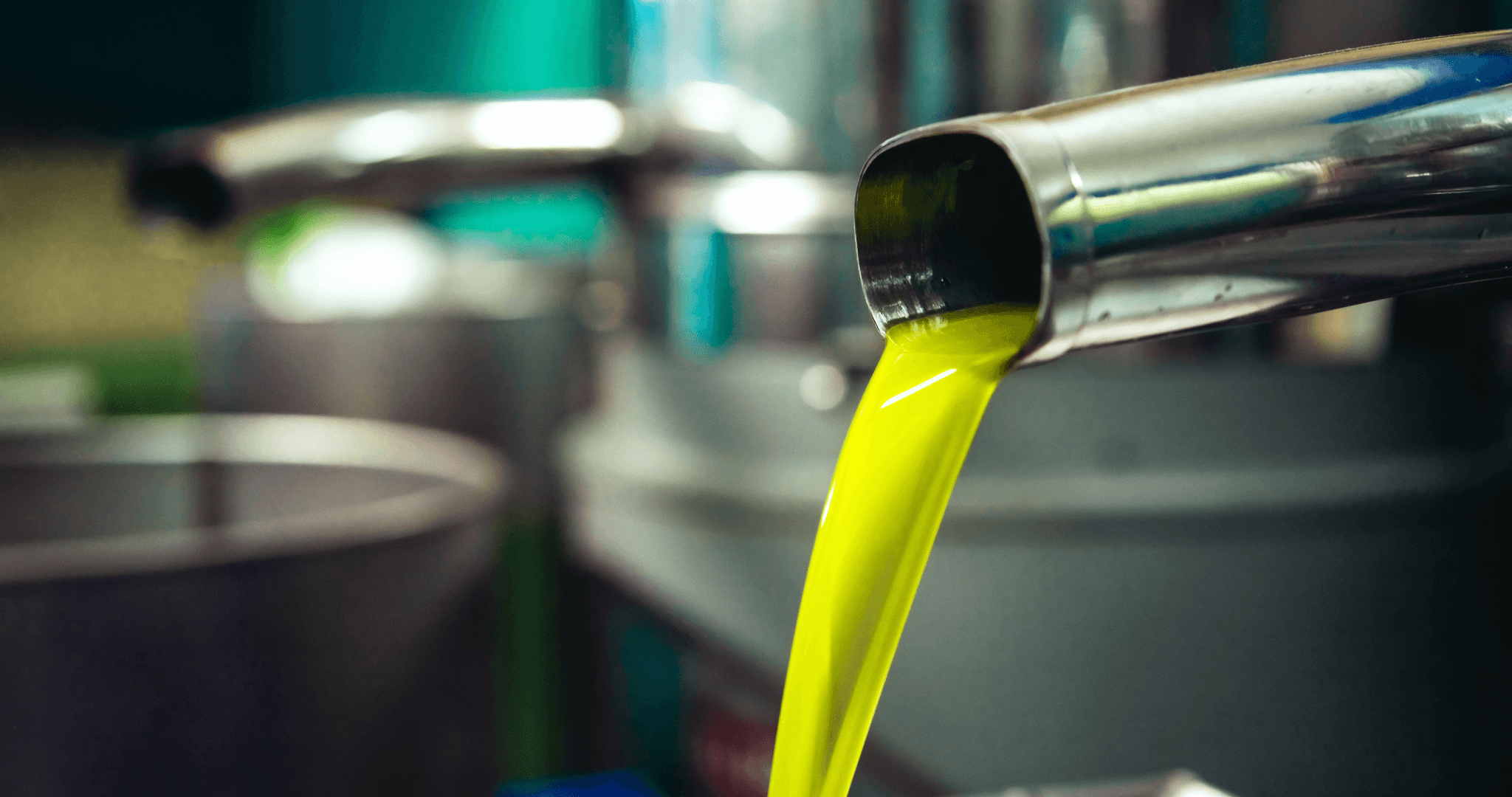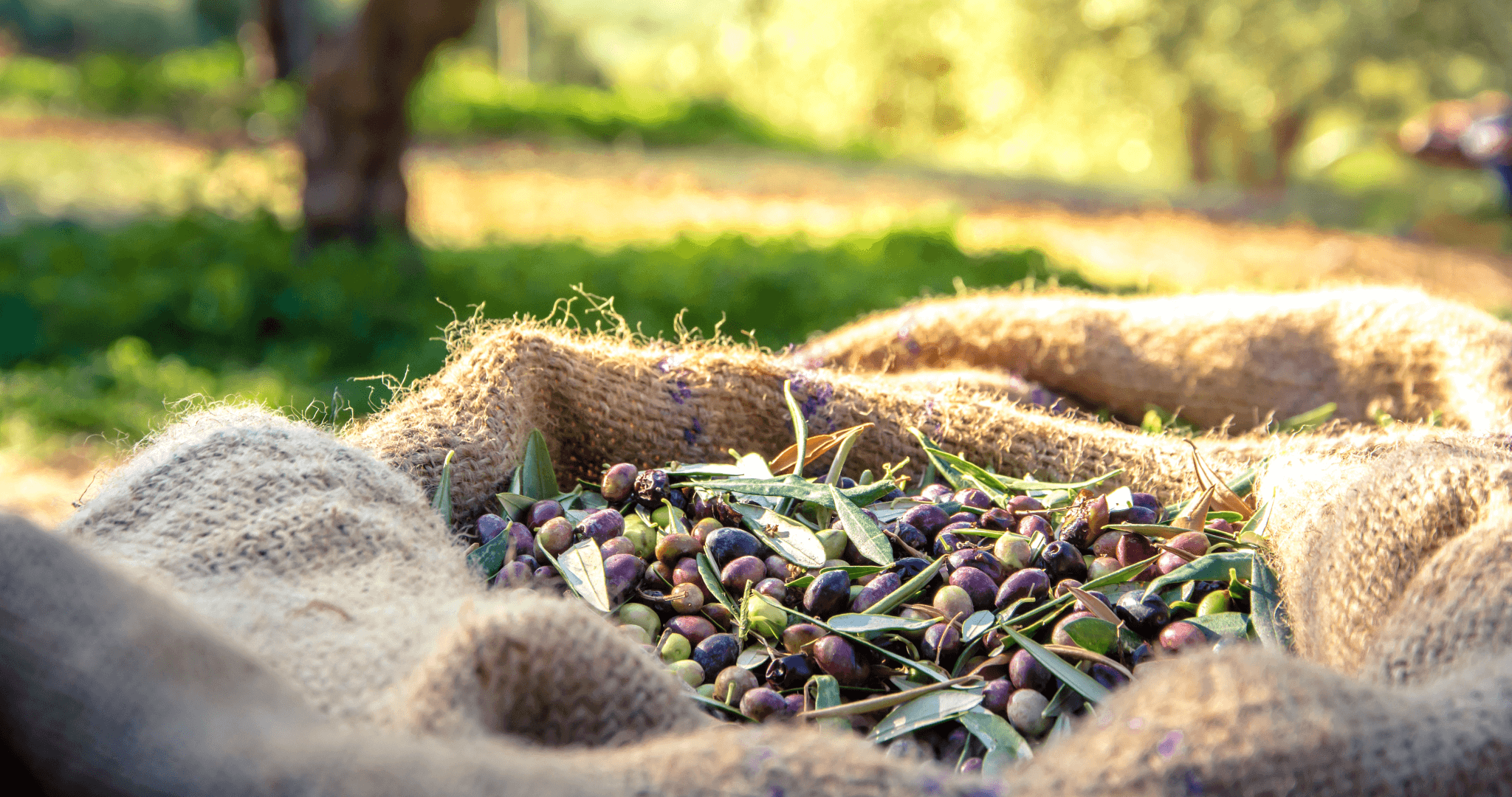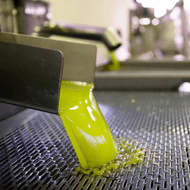The Dark Side of Liquid Gold: The Rise of Fake Olive Oil
Posted by Emily on 12th Dec 2023
Olive oil, integral to Mediterranean culture and diet for thousands of years, is facing a crisis. Esteemed for its medicinal and religious uses, as famously dubbed "liquid gold" in Homer's "Iliad", olive oil, particularly the extra virgin variety, is now a sought-after global commodity. In 2022, the market was valued at $22.3 billion (£17.7 billion) and is anticipated to grow substantially in the coming decade.

However, a troubling trend shadows this growth. Major producers like Italy, Spain, and Greece, are battling against criminal enterprises that flood the market with counterfeit olive oil. These fake products, often a blend of cheaper oils like sunflower or canola, can fetch up to $30 per litre (£23.80) in the U.S.
In a significant crackdown, Europol and national authorities in Spain and Italy arrested 11 individuals linked to such fraudulent activities in late November. Investigations revealed 260,000 litres of adulterated oil, falsely labelled as 100% Italian or Spanish, and 5,200 litres of supposedly high-quality oil, both unfit for consumption. Authorities also uncovered counterfeit labels and paperwork, alongside other incriminating evidence.
According to Europol, rising demand and general inflation, coupled with reduced production due to extreme weather, have created a fertile ground for such fraud. Coldiretti, Italy's leading farming organisation, notes that mixing high-quality olive oil with inferior products has become increasingly common.
In 2023, Mediterranean oil production plummeted by 41%, exacerbating the supply-demand imbalance. This gap has been exploited by the so-called "agri mafia," which blends consumer-grade olive oil with lower-grade alternatives, thus infiltrating legal supply chains. This illegal practice poses public health risks and erodes consumer trust, leading to broader economic consequences.
Even more alarmingly, criminal gangs require quality olives for their base oil, increasing olive tree thefts. In Greece and Italy, thieves use chainsaws to steal olive-laden branches, often severely damaging the trees. Heightened incidents of olive warehouse break-ins and destruction of harvesting equipment have accompanied this.
The breakthrough in these investigations began with spotting anomalies, such as reports of inferior olive oil entering production plants for export-grade oil. Olive oil is one of Europe's most fraudulently labelled foods, and its investigation is a priority, as noted in a 2022 European Commission report.

The driving force behind this fraudulent racket is high demand. After a drought in Spain in 2022, the price of Spanish olive oil (the world's largest producer of the extra virgin variety) soared by over 80%, as reported by the European Union. Italian oil prices surged by 66% despite a reasonable harvest that year. With both countries facing severe production shortages, prices for the 2024 export season are expected to climb even higher, making the market more susceptible to criminal exploitation.
The reality of olive oil production today is a complex blend of tradition, economic value, and criminal interference. This situation calls for increased vigilance and stricter regulations to protect the integrity of this ancient and revered product.
We invite you to share your insights and opinions on this pressing issue in the comments below. How can we better safeguard the authenticity of olive oil, and what steps should be taken to combat these fraudulent practices?

